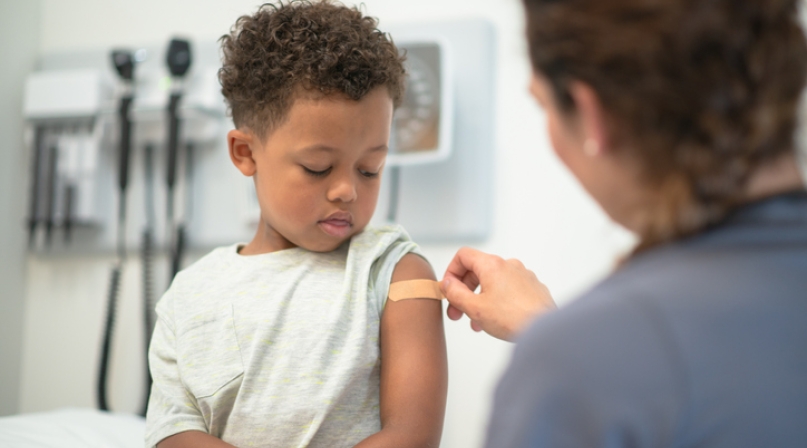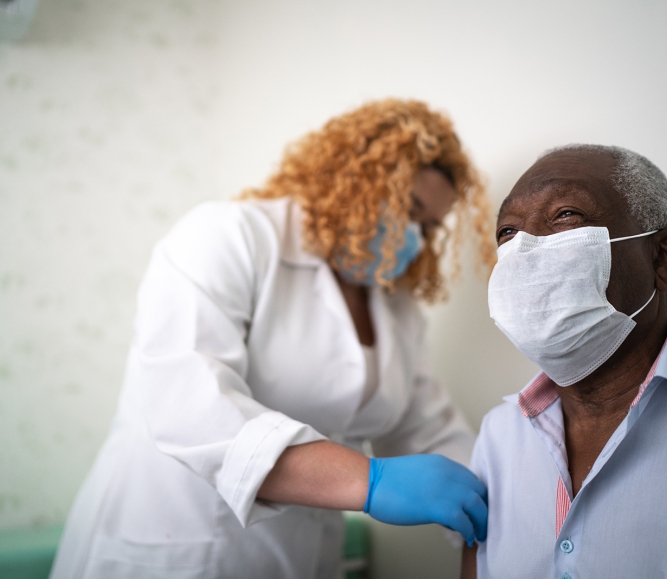CDC approves COVID-19 vaccine for children under 5
Author

Blaire Bryant
Upcoming Events
Related News

Key Takeaways
On June 18, the U.S. Centers for Disease Control and Prevention (CDC) approved the use of COVID-19 vaccines for children aged 6 months to 5 years old, following a recommendation from the Food and Drug Administration (FDA). This approval now expands vaccine eligibility for the use of the two primary COVID-19 vaccines in the U.S. – Pfizer-BioNTech and Moderna – to nearly 20 million additional children, and makes all Americans aged 6 months and older eligible to receive a COVID-19 vaccination.
The White House has indicated that the federal government has an initial supply of approximately 10 million doses of pediatric vaccines, for which states began placing orders last month. CDC has indicated that the distribution of pediatric vaccinations for children aged 5 and under has already begun and shots will be available at local pediatric practices, pharmacies, Federally Qualified Health Centers, local health departments, clinics and other locations as early as June 20. Earlier this month, the agency updated it’s Pediatric COVID-19 Vaccination Operational Planning Guide with information on dosage ordering and a pediatric readiness checklist for local distribution.
As key providers of local public health services and frontline service providers for the medically vulnerable, counties have supported the administration of nearly 600 million vaccinations in the United States to date and will continue to play an essential role in the administration of COVID-19 vaccines and boosters.
Additional Resources
Resource
The County Role in Vaccines

Related News

HHS Secretary Kennedy touts fixes for obesity, chronic illness, mental health issues
Counties can help improve health outcomes by prioritizing prevention over treatment, Robert F. Kennedy Jr., secretary of the U.S. Department of Health and Human Services told NACo Legislative Conference attendees.

Drug tracking software helps counties identify trends, save lives
Florida counties are using an artificial intelligence tool called Drug TRAC to track and report drug trends, with the aim of providing quicker outreach and saving lives.

White House Executive Order establishes national substance use disorder response
On January 29, the White House issued an Executive Order (EO) establishing the Great American Recovery Initiative, a new federal effort aimed at coordinating a national response to substance use disorder (SUD).